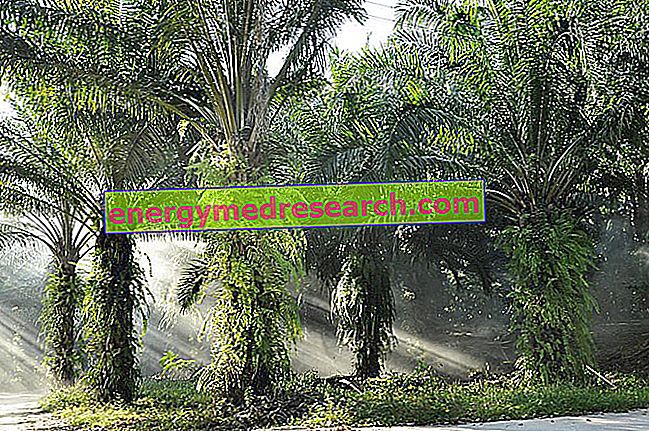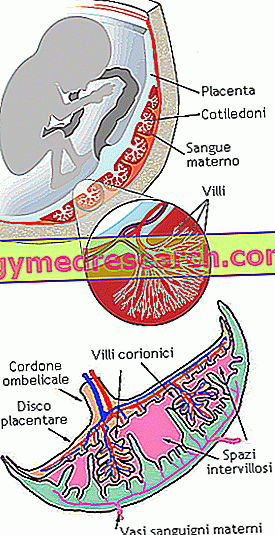PROSTIDE ® is a drug based on Finasteride
THERAPEUTIC GROUP: Testosterone inhibitors 5 alpha reductase
IndicationsAction mechanismStudies and clinical effectiveness Usage and dosage instructionsWarnings Pregnancy and lactationInteractionsContraindicationsUndesirable effects
Indications PROSTIDE ® - Finasteride
PROSTIDE ® is a drug used in the treatment of benign prostatic hyperplasia and its complications such as the increase in prostate volume and acute urinary retention, often the cause of surgery.
Mechanism of action PROSTIDE ® - Finasteride
Finasteride, the active ingredient in PROSTIDE ® is the forefather of testosterone 5 alpha reductase inhibitors used effectively in the clinical setting.
Taken orally the aforementioned active principle is rapidly absorbed at the intestinal level, reaching maximum plasma concentrations in just 2 hours, and bound to plasma proteins, in particular to albumin, it reaches the target tissues, with particular tropism for the prostate, inhibiting the enzyme testosterone 5 alpha reductase, responsible for the conversion of testosterone into dihydrotestosterone.
The latter hormone, characterized by marked androgenizing activity, interacts with specific nuclear receptors modulating the gene expression of the target cell, facilitating:
- The development of external male sexual organs, during the development phase;
- The appearance and maintenance of male secondary sexual characteristics;
- Spermatogenesis;
- Desire and sexual power;
- Maintaining the correct testicular trophism.
However the same dihydrotesterone, when in excess, seems to over-stimulate some receptors, such as prostatic ones, inducing the appearance of pathological conditions such as benign prostatic hyperplasia, or like those present at the level of the hair bulbs determining the appearance of androgenetic alopecia.
In light of this evidence, the administration of testosterone 5 alpha reductase inhibitors is effective in treating diseases associated with androgenic hyperstimulation.
Studies carried out and clinical efficacy
1. THE FINASTERIDE IN THE TREATMENT OF ANDROGENETIC ALOPECIA
Japanese study conducted on over 3, 000 patients with androgenetic alopecia who demonstrated that the intake of 1 mg / day of finasteride has maintained a progressive regrowth of hair without clinically relevant side effects.
2. FINASTERIDE AND HEMATURY
The use of finasteride in patients with benign prostatic hyperplasia has been found to be particularly valuable in reducing the hematuria associated with this type of condition.
3. CASE REPORT: FINASTERIDE AND LEYDIGIOMA
Case report demonstrating a potential relationship between Leydig cell tumor and prolonged administration of finasteride. Being a case report, it is not possible to verify a statistically significant association
Method of use and dosage
PROSTIDE ®
Tablets containing 5 mg of finasteride:
the dosing schedule envisaged for the treatment of benign prostatic hyperplasia involves taking one tablet a day, in conjunction with meals or away from them.
The duration of treatment and dosage should be evaluated by the doctor after a careful visit.
Warnings PROSTIDE ® - Finasteride
Therapy with PROSTIDE ® must be preceded and accompanied by careful periodic medical checks to ascertain the patient's state of health, the clinical picture and therapeutic efficacy.
A correct differential diagnosis between benign prostatic hyperplasia and prostate cancer must necessarily be the basis of finasteride therapy.
The monitoring of the same clinical condition must be carried out periodically, considering that the ability of the active ingredients in question to significantly reduce PSA plasma concentrations could complicate the diagnosis of prostate cancer.
PROSTIDE ® contains lactose, therefore its intake is contraindicated in patients with galactose intolerance, lactase enzyme deficiency and glucose-galactose malabsorption.
PREGNANCY AND BREASTFEEDING
The use of PROSTIDE ® in addition to being reserved for the treatment of male diseases, is strongly contraindicated in pregnancy, given the ability to induce rapid development of the external genital organs of the male fetus, often causing malformations or compromising the normal reproductive capacity of the unborn child.
Interactions
Despite the lack of specific pharmacokinetic studies useful for evaluating any clinically relevant pharmacological interactions, it is possible to imagine how the concomitant assumption of cytochromial enzymes modulators, and in particular of CYP3A4, deputed to the hepatic metabolism of finasteride, could alter the normal pharmacokinetic profile of the aforementioned principle active compromising efficacy and safety of the therapy.
Therefore it would be advisable to consult your doctor before undertaking the simultaneous intake of other drugs.
Contraindications PROSTIDE ® - Finasteride
Taking PROSTIDE ® is contraindicated in patients with severe liver disease or hypersensitivity to the active ingredient or to one of its excipients.
Undesirable effects - Side effects
The particular biological role of finasteride exposes the patient to frequent side effects but fortunately limited to the duration of the therapy.
Impotence, reduction in the volume of the ejaculate, decrease in libido, skin alterations such as rash and hives, increase in breast tension associated with tenderness, are the most commonly observed adverse reactions during therapy with PROSTIDE ®
Note
PROSTIDE ® is salable only under medical prescription.



